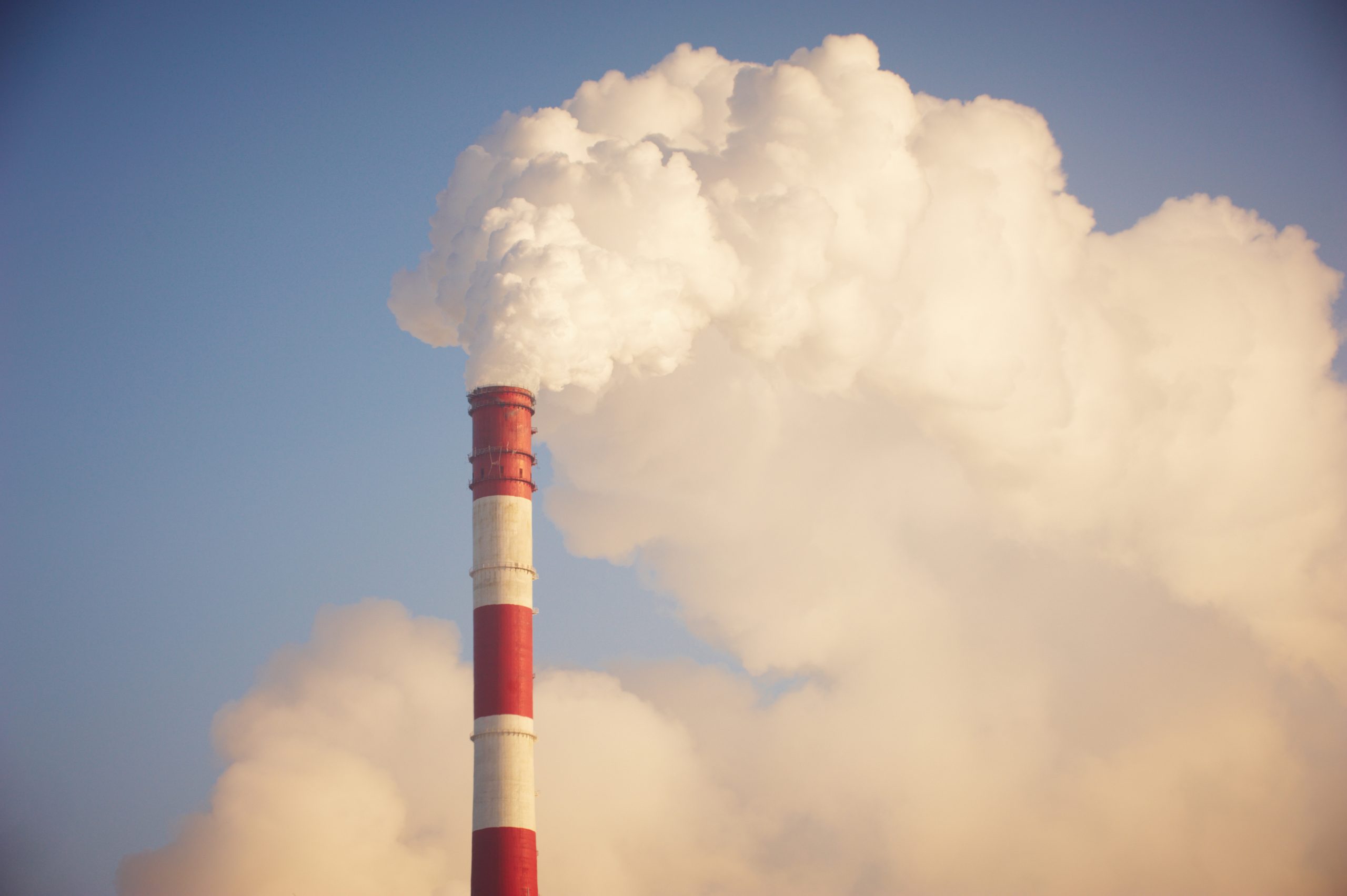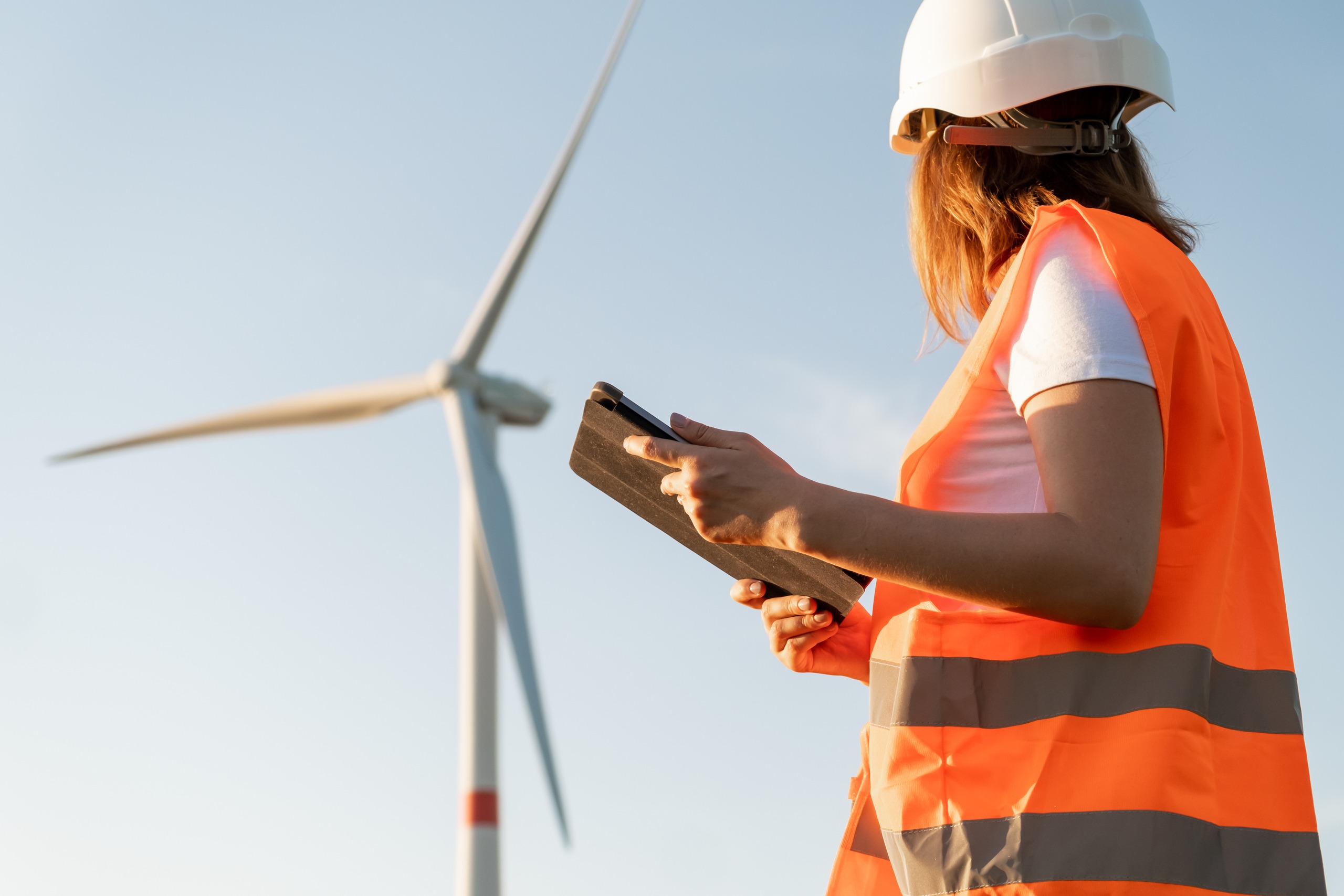Decarbonization is a must for industries. The search for decarbonization of industrial operations is one of the biggest challenges concerning the future of the industry. The industry seeks through digital technologies the necessary subsidies to circumvent the problem and generate greater safety, flexibility, and efficiency in its operations.
In this text, we will highlight some important concepts surrounding the issue of decarbonization and what are the perspectives and technologies that can help the industry move towards a sustainable and net-zero operation.
Current scenario
Climate change is becoming an increasingly present issue in the planet’s reality. The effects caused by global warming are already perceptible in several regions around the world, causing catastrophes that have devastated cities and killed thousands of people.
Coastal and mountainous regions are examples of areas of great risk. In these locations, phenomena such as floods, hurricanes, and wildfires are becoming part of everyday life. One of the side effects is the migration from these areas to less risky places called “haven cities”.
In addition, a good part of the consequences of global warming come from the industrial sector, with the energy sector being the leader in CHG emissions into the atmosphere.

Agreements
Since the Kyoto protocol industries have been drawing up internal plans with the aim of reducing their carbon footprint. The Paris agreement was another milestone, aiming to decarbonize industrial operations by 2050.
In addition to these agreements, world leaders met recently at COP 26 (United Nations Conference on Climate Change) with the objective of monitoring the progress of climate change and encouraging governments and companies to adopt measures to contain it.
Solution
The solution to the problem is complex and demands efforts at all organizational levels within large industries, governments, and stakeholders.
The path to the decarbonization of industrial operations demands a strong transformation in these areas with collective participation from all.
For competitive strategies to be established, people are a fundamental part of this process. It is necessary to remodel business models and propose alternatives on a daily basis aimed at decarbonization.
In addition, the sector has technological advances and prospects for economic growth involving the renewable sector as an essential tool for driving this necessary change.
Technology
Post Industry 4.0 technologies have generated optimization, greater control and data-driven decisions from cyber-physical concepts resulting in smart factories and operations.
Unlike in the past, industries can now understand in a few clicks everything that happens in their operation. Technologies have given decision-makers this power.

However, there is a need to unify and centralize this information. One of the problems of the intelligent industry has been the difficulty in generating valuable knowledge through data.
However, one of the most important technologies of this period has the potential to accelerate the decarbonization process
Digital twin for decarbonization
The digital twin is a technology that has become popular thanks to its high applicability for different purposes. The technology is able to centralize data in a single system and contextualize information quickly and accurately, delivering valuable knowledge to decision-makers.
Aimed at decarbonization, the digital twin has the ability to control and monitor emissions based on the contextualization of the data in its database.

The technology can be applied with the objective of improving resource usage and providing greater safety within the operation, thus reducing operator accidents as well as accidents with environmental impacts.
Finally, the digital twin can be applied to the renewable sector and through the combination of artificial intelligence algorithms, the technology is able to simulate tests and predictions, seeking the best energy efficiency within grids.
Conclusion
Although the challenges involved in decarbonizing operations are complex and demand joint efforts between several spheres, digital transformation has provided these large companies with the tools necessary for a major change to be palpable.
The process is slow, and since the Kyoto protocol industries have been aware of their role in containing global warming. The effects of this problem are already part of everyday life for thousands of people around the world, and it is now up to the industries to use the Digital Twin technology to accelerate this process.
Fill out the form below and understand how Digital Twin can help your customers become a reference in decarbonization strategies.

